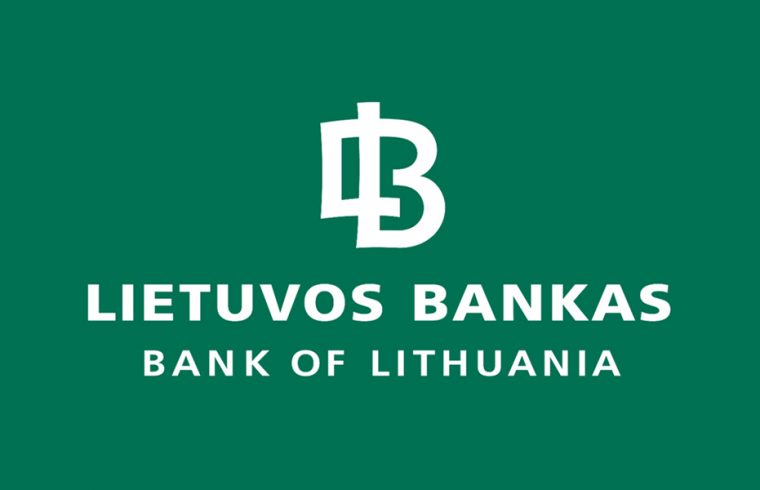Countercyclical capital buffer rate applied to banks remains unchanged, after inspection, AB Šiaulių bankas given mandatory order and fined
Countercyclical capital buffer rate applied to banks – unchanged
Domestic banks will continue to be subject to a 1% countercyclical capital buffer (CCyB) rate, applicable since 30 June 2019. Such a decision was taken by the Board of the Bank of Lithuania in view of the recent financial and economic trends in the country. The Bank of Lithuania revises the CCyB rate on a quarterly basis.
The newest trends in the credit and real estate (RE) market point to no significant imbalances in the financial system.
The decision basis for setting the CCyB rate is available here.
After inspection, AB Šiaulių bankas given mandatory order and fined
The Bank of Lithuania performed a planned targeted inspection of the activities of AB Šiaulių bankas. During the inspection they assessed the bank’s compliance with credit risk management as well as money laundering and terrorist financing prevention requirements. The Bank of Lithuania requires from all market participants the highest standards of risk management in the prevention of money laundering and terrorist financing, assessing such violations in a very thorough way.
The Board of the Bank of Lithuania, having assessed the results of the inspection of AB Šiaulių bankas, issued a mandatory order to remove the identified violations of law and the deficiencies in the Bank’s operation. The bank was issued an €880 thousand fine. During the inspection it was identified that during the period under review the bank improperly assesses the money laundering and terrorist financing risks, as related to the bank’s activities, and also hadn’t adopted a proper client risk assessment method. Cases were identified where the bank wrongly identified the identity of a customer or a beneficiary, didn’t ensure sufficient collection of KYC information, which would reveal the purpose and intended nature of the customer’s business relationships, had not adapted proper procedure to establish whether the customer is not a politically compromised person, did not ensure proper implementation of the customer payment transaction monitoring process, organisation of employee training.
AB Šiaulių bankas took effective measures to as rapidly and efficiently as possible remove the identified violations and shortcomings. Most were removed prior to deliberation by the Board of the Bank of Lithuania of the inspection results.












